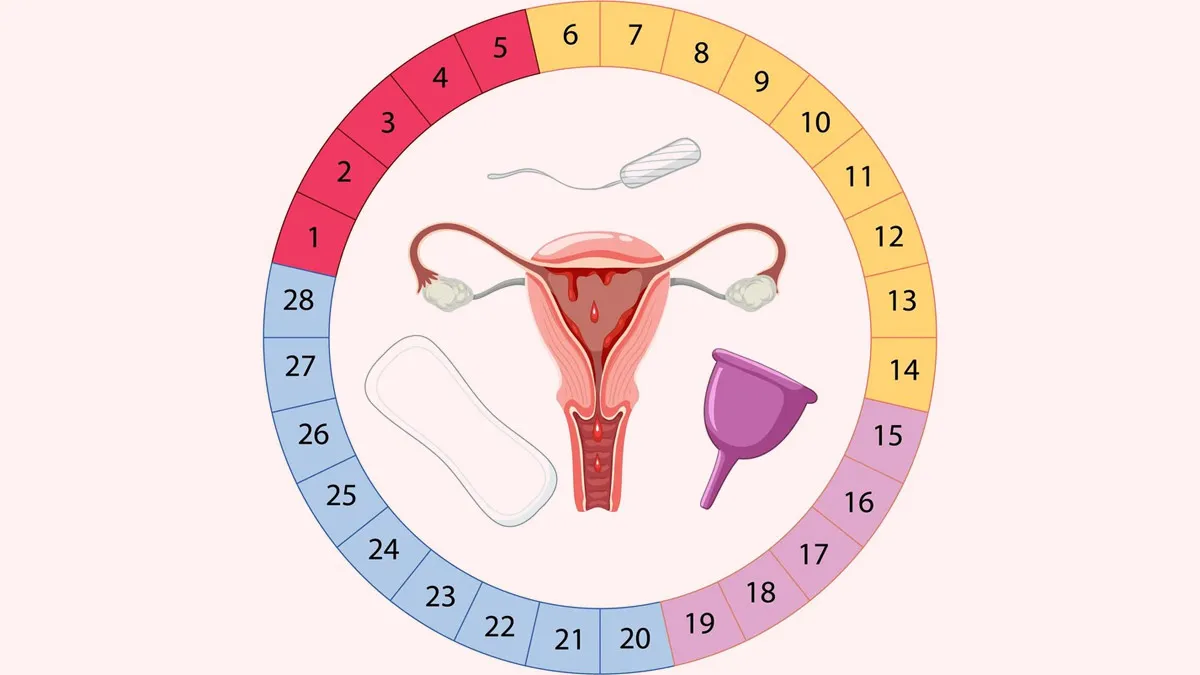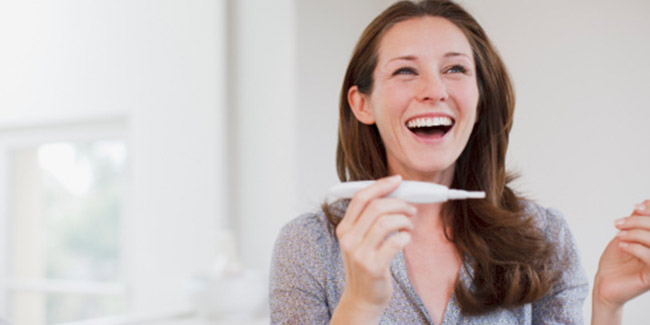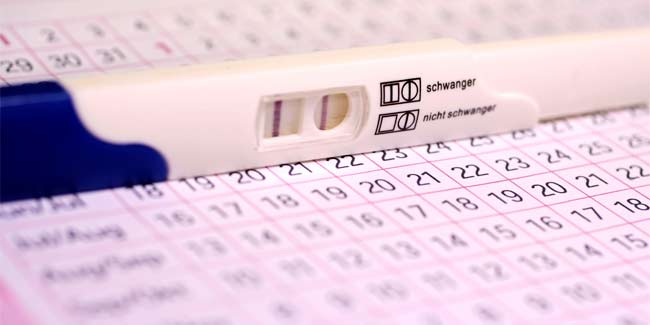
For most of us menstrual cycle is a regular event, but how and when we ovulate, particularly its timing relative to menstruation, is usually still a source of confusion. As a woman, we are sure that you have probably wondered if you can ovulate right after your period. The short Google answer to it is a definite yes, it can happen. However, it is much more complicated and complex than that. To know why, we got in touch with our expert, Dr Suma Varsha, IVF Specialist, Ferty9 Fertility Centre - Vijayawada, to find out more about the inner workings of the female reproductive tract. Here is everything you need to know.
Table of Content:-
“To understand the potential for immediate post-period ovulation, it's important to keep in mind that the menstrual cycle is not a matter of the days you bleed. It's a cycle of ongoing, hormonally-driven processes, which is generally 21 to 35 days long (28 days being the average),” Dr Varsha explained. Further adding to that, she also highlighted how this cycle can be broadly categorised into two phases. These include:
Follicular Phase
It starts on the first day of menstruation and continues until ovulation. Throughout this period, Follicle-Stimulating Hormone (FSH) promotes the development of follicles in the ovaries, which contain immature eggs.
Luteal Phase
It starts after ovulation and continues until the onset of your following period. Once the egg is released, the follicle is left empty and converts to the corpus luteum, producing progesterone that prepares the uterus for pregnancy.

Also Read: Is Your Whey Protein Giving You Hair Loss? Dermatologist Reveals the Truth
When Does Ovulation Happen?
The secret to ovulating soon after your period involves the duration of your cycle, specifically the follicular phase. While a typical follicular phase lasts about 14 days, it may be considerably shorter. Dr Varsha explained better through an example of the following situations:
Short Menstrual Cycles: If your menstrual cycle is consistently short (e.g., 21-24 days), your follicular phase will be shorter by default. This indicates your body must develop and release an egg sooner after the end of your period.
Early Ovulation in a ‘Normal’ Cycle: With a typical cycle length, ovulation may occasionally happen earlier than usual because of changes in hormones or personal differences.
“The important thing to understand here is that the sperm remain alive in the female reproductive system for 5 days. If you have a shorter cycle and ovulate shortly after your period, sperm might still be alive during ovulation if you had intercourse in the final days of your period or shortly after your period is over and still result in pregnancy,” she added.

Also Read: Can You Build Muscle After 40? Expert Shares Exercise Tips
Factors Affecting the Timing of Ovulation
Several factors can affect when you ovulate. They may include:
- Individual Variability: No two women are identical, and cycle lengths can vary widely from one person to another, and even from cycle to cycle in the same woman.
- Hormonal Fluctuations: Stress, diet, exercise, illness, and certain medications can all affect your balance of hormones and, therefore, your timing of ovulation.
- Age: As women get close to perimenopause, cycle lengths may become increasingly irregular, and ovulation may happen at unpredictable times.
- Reproductive Conditions: Conditions like Polycystic Ovary Syndrome (PCOS) can lead to irregular ovulation or anovulation (lack of ovulation).
The Verdict And Takeaway!
Though less frequent than ovulation in the middle of a normal cycle, ovulating right after your period is a distinct possibility. This would be especially the case for those with shorter cycles. For reliable family planning, whether one is aiming to conceive or avoid pregnancy, one needs to know their cycle and take advantage of sound tracking methods or suitable contraception. Always remember, if there are problems regarding your cycle or fertility, seeing a health professional is advised.
Also watch this video
Read Next
Venus Williams Was Told Her Fibroid Symptoms Were ‘Normal’; Causes And Symptoms Of Uterine Fibroids
How we keep this article up to date:
We work with experts and keep a close eye on the latest in health and wellness. Whenever there is a new research or helpful information, we update our articles with accurate and useful advice.
Current Version